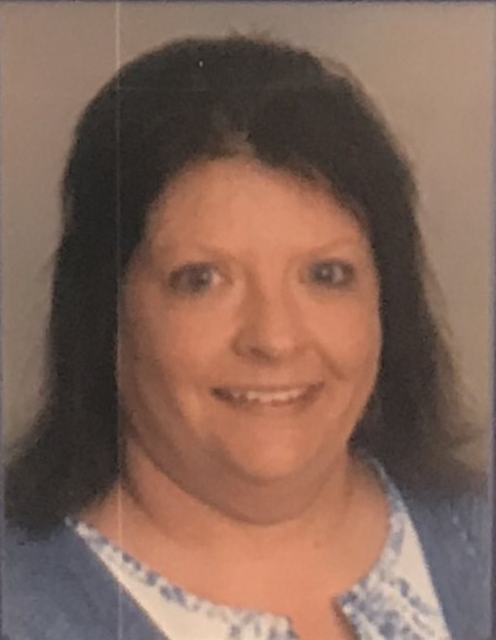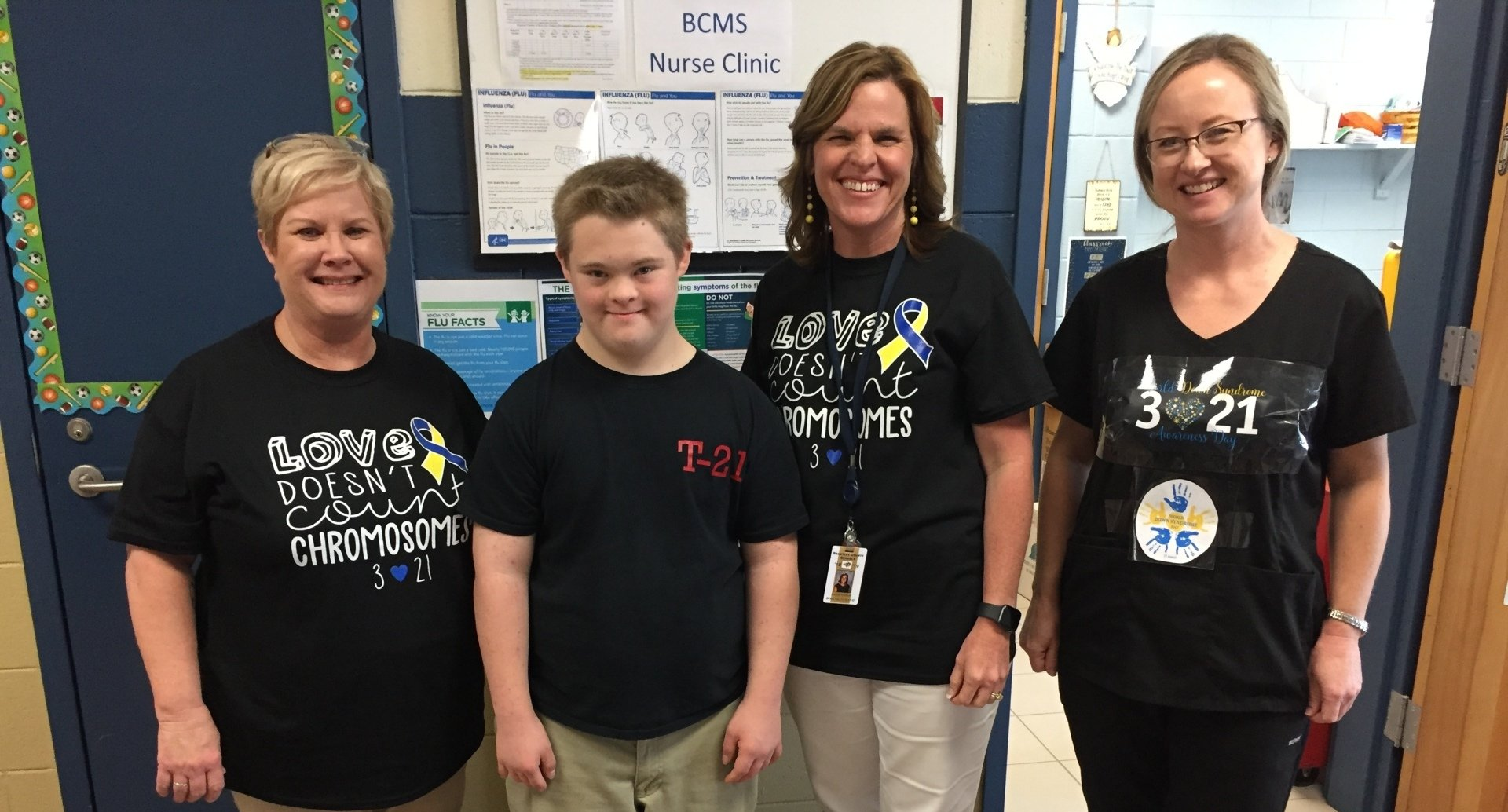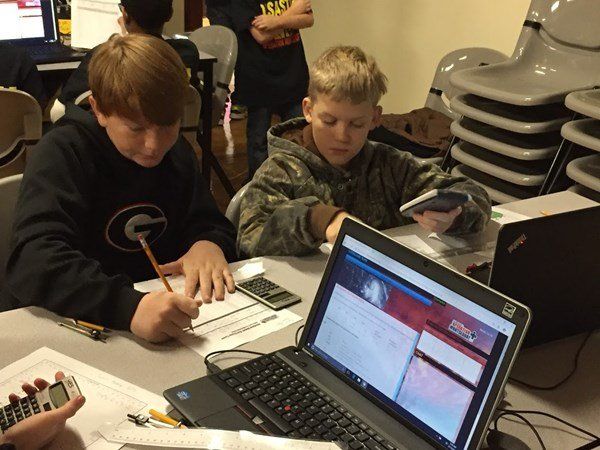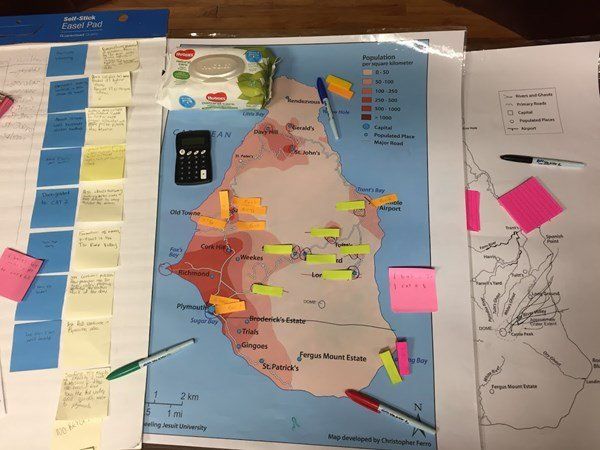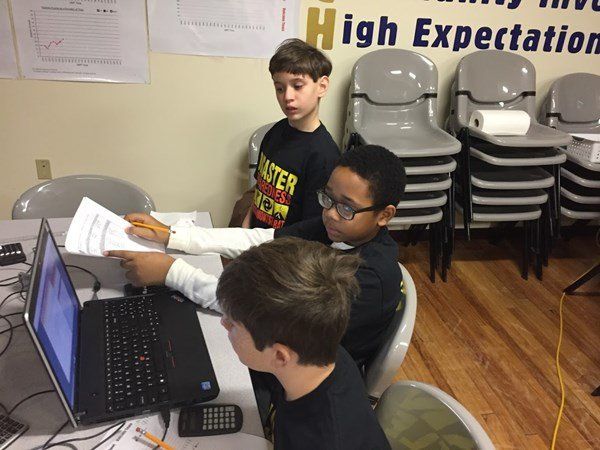Student Services
Slide title
Write your caption hereButtonSlide title
Write your caption hereButton
Parent/Student SPED Info
Brantley County School System is dedicated to "Reaching Every Student, Every Day" through a variety of services to meet the needs of every child. Please contact our special education office at (912) 462-6612 if you have any questions, concerns, or suggestions to better help your child.
Please click HERE for information on Special Needs Scholarship.
SPED Educator Info
Please see link below for Brantley County SPED forms.
Slide title
Write your caption hereButtonSlide title
Write your caption hereButton
Slide title
Write your caption hereButtonSlide title
Write your caption hereButtonSlide title
Write your caption hereButtonSlide title
Write your caption hereButtonSlide title
Write your caption hereButtonSlide title
Write your caption hereButtonSlide title
Write your caption hereButton
Gifted Program
The Gifted and Talented Program in the Brantley County School System provides differentiated instruction for the intellectually advanced and creatively gifted student. Gifted services are available for all eligible students in grades kindergarten through grade 12.
Brantley County Schools identifies uses a state guided process to identify and assess gifted eligibility. Assessments include the COgat, ITBS, Torrance, a motivational scale and other indicators.
Gifted Educator Info
Please see link below for link to Educator Gifted INformation and Forms.

Slide title
Write your caption hereButton
Section 504
Section 504 is a civil rights law that prohibits discrimination against individuals with disabilities. Section 504 ensures that the child with a disability has equal access to an education. The child may receive accommodations and modifications.
Unlike the Individuals with Disabilities Education Act (IDEA), Section 504 does not require the school to provide an individualized educational program (IEP) that is designed to meet the child's unique needs and provides the child with educational benefit. Under Section 504, fewer procedural safeguards are available to children with disabilities and their parents than under IDEA.
Section 504 covers qualified students with disabilities who attend schools receiving Federal financial assistance. To be protected under Section 504, a student must be determined to: (1) have a physical or mental impairment that substantially limits one or more major life activities; or (2) have a record of such impairment; or (3) be regarded as having such impairment. The determination of whether any particular condition is considered a disability is made on a case by case basis.
If you have any concerns or issues, please call our Student Services Special Education office at (912)462-6612. If a solution to your problem cannot be reached, you may click HERE for complaint forms and resolution procedures.
504 Educator Info
Please see button link below for 504 information and forms.

Slide title
Write your caption hereButton
Georgia State Board of Education Rule 160-4-2-.31 Hospital/Homebound (HHB) Services
Hospital/Homebound (HHB) services are designed to provide continuity of educational services between the classroom and home or hospital for students in Georgia public schools whose medical needs, either physical or psychiatric, do not allow them to attend school for a limited period of time. HHB instruction may be used to supplement the classroom program for students with health impairments whose conditions may interfere with regular school attendance (e.g., students receiving dialysis or radiation/chemotherapy or students with other serious health conditions). Students must be enrolled in a public school in Georgia in order to receive HHB services.
HHB services are not intended to supplant regular school services and are by design temporary. The student must anticipate being absent from school for a minimum of ten consecutive or intermittent school days due to a medical or psychiatric condition. The student’s inability to attend school for medical or psychiatric reasons must be certified by the licensed physician or licensed psychiatrist who is currently treating the student for the diagnosis presented.
Hospital Homebound Educator Info and Forms
Please click button below for educators' .Info and forms regarding Hospital Homebound.
Multi-Tiered System of Support (MTSS) & Response to Intervention (RTI)
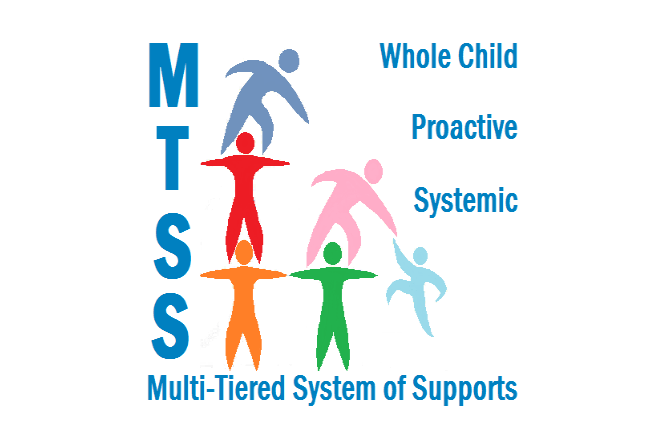
Slide title
Write your caption hereButton
Multi-Tiered System of Supports
RTI or “Response to Intervention” is an education model that promotes the early identification of students who may have learning or behavioral difficulties. The primary tenets of RTI include:
- Academic and behavioral screenings for all students in order to identify students in need of support
- Progressively intensive implementation of research-based interventions and/or strategies to increase performance of those students who have been identified as needing additional support
- Frequent progress monitoring (academic or behavioral) for those students who are receiving interventions in order determine whether the student has “responded to the intervention.”
In summary, the RTI model first assumes that instructional needs/deficits are the primary cause of academic or behavioral difficulties. Given this assumption, students who are experiencing academic or behavioral difficulties are provided with increased academic and behavioral supports to attempt to remediate the deficits. If the student is found to not respond to the increased supports, students may then be referred for a comprehensive evaluation in order to determine if there is a disability present that is impeding the child from performing adequately.
RTI/MTSS Educator Info & Forms
Please click button below for more inforation and forms for RTI and MTSS educators .
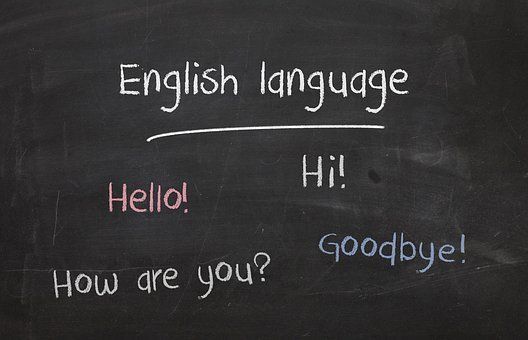
Slide title
Write your caption hereButton
English to Speakers of Other Languages
English to Speakers of Other Languages (ESOL) is the state-funded language instruction educational program for eligible English learners (ELs) in grades K-12 in Georgia public schools (Georgia School Law Code 1981, §20-2-156, enacted in 1985). ESOL language instruction is focused on developing EL students’ academic English proficiency in each content area of the Georgia Standards of Excellence (GSE). The WIDA Consortium English Language Development (ELD) Standards aligned with the GSE guide the work of ESOL teachers. Differentiated instructional practices, both in ESOL and general education classes, ensure that the language development needs of Georgia’s EL students are met. In ESOL language programs it is appropriate, when practicable, to use the student’s home language as a means of facilitating instruction and providing limited English-proficient (LEP) parents with school-related information.
The goal of the ESOL language instruction educational program for EL students is to increase both English language proficiency (ELP) and academic language proficiency in content-area subject matter. Successful ESOL language programs focus on collaboration and shared accountability for the success of all EL students.
For information about the federal programs that supplement the ESOL Language Program please visit the Title III, Part A webpage.
ESOL Educator Info and Forms
Please click below for information on ESOL educator forms and procedures.

Slide title
Write your caption hereButton
Slide title
Write your caption hereButton
Slide title
Write your caption hereButton
Brantley County BOE Student Services Faculty and Staff
